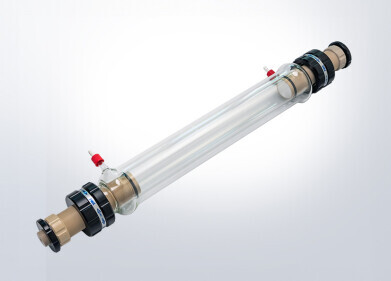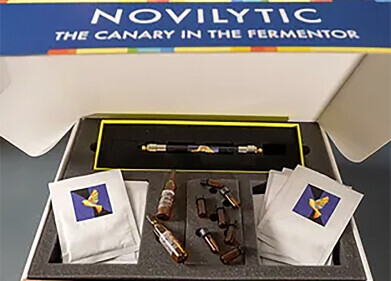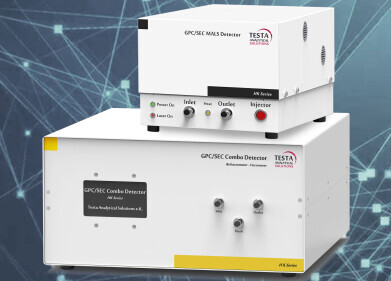Liquid Chromatography
How Much Has Your Body Aged? — Chromatography Investigates
Mar 06 2018
How old are you? A simple enough question you might think. And perhaps it is. But biologists — and our peers — might have different answers. There is our mental age, where especially as children we develop at different rates — teachers classify children as having a reading age for example. There is our chronological age — the one we celebrate each year on our birthday, a simple concept to understand.
But there is another age — our biological age. And though it might seem counterintuitive, it seems our chronological age is not a good indicator of our biological age. Does this matter? Well yes. Because it is our biological age that determines how our body has aged and whether we are going to pick up age related diseases that could lead to an early death — according to our chronological age.
So, ignore your birthdays!
While celebrating your birthday each year tells you how long since you were born, it might not be a true reflection of how old your body is. You see, our bodies all age at different biological rates. And this is relevant because some researchers believe that it is our biological age that might be a better indicator of health that our chronological age.
As we age our cells get damaged and the ability to repair them diminishes over time. The rate of this damage can vary from person to person. Factors that affect the rate include genetics, our lifestyle and the environment we live in. And it is this damage that some researchers believe is a better indicator of our true age. So how can we check our true age?
Measuring your age with chromatography
If researchers can find a method to measure our biological age it could be used to help assess more accurately our individual risk to age related diseases — leading to treatments to prevent them occurring. Measuring our biological age would also be necessary to know whether these treatments are effective too. And one mechanism that could be at the root of biological aging is oxygen — the molecule that provides a lifeforce for respiration and breathing.
Oxygen by-products in the body can be damaging, they act as free-radicals and can cause harm to our cells and genetic material — a process known as oxidative damage. One research team has looked at measuring the amount of a biomarker of oxidative damage in the body using chromatography. In a journal article, researchers describe how they measured the biomarker in urine samples using liquid chromatography — a technique discussed in the article, Enhanced Peptide Identification Using Capillary UHPLC and Orbitrap Mass Spectrometry.
In samples from over 1000 people, the team found that the levels of the biomarker — 8-oxoGsn — increased as age increased. This suggests that the biomarker could be a marker of aging in humans, and the method they described is simple to use and could be used in large-scale trials.
How many candles on your next cake?
Digital Edition
Chromatography Today - Buyers' Guide 2022
October 2023
In This Edition Modern & Practical Applications - Accelerating ADC Development with Mass Spectrometry - Implementing High-Resolution Ion Mobility into Peptide Mapping Workflows Chromatogr...
View all digital editions
Events
Apr 28 2024 Montreal, Quebec, Canada
May 05 2024 Seville, Spain
May 15 2024 Birmingham, UK
May 19 2024 Brno, Czech Republic
May 21 2024 Lagos, Nigeria













